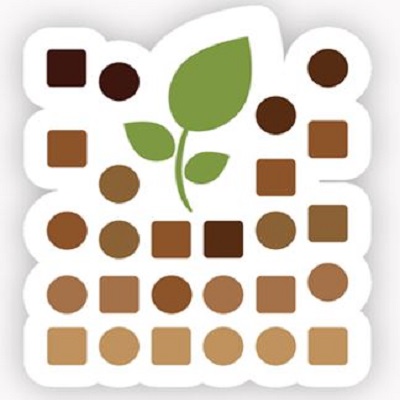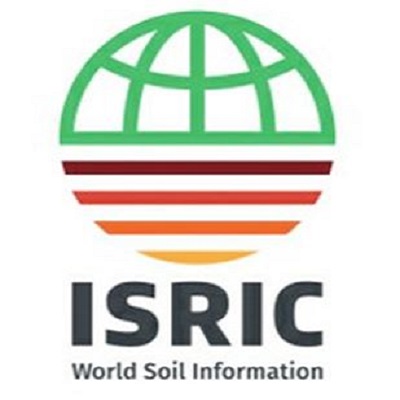Soil information and data

GloSIS | Global Soil Information System

Addressing environmental problems at scale requires adequate quality and targeted soil data in terms of comparability and spatial coverage. GloSIS will..
![]()
provide a decentralized global soil data platform that is nationally federated and globally harmonized.
![]() deliver a spatial data infrastructure that allows national institutes to compile and share their own soil data.
deliver a spatial data infrastructure that allows national institutes to compile and share their own soil data.
![]() enable end-users to perform comparative studies on environmental issues that are transboundary.
enable end-users to perform comparative studies on environmental issues that are transboundary.
Find out more
Climate change, natural disasters and the pandemic have manifested the significance of nationally and globally available and dynamic soil data to guide researchers and policy makers. Making soil data dynamically available in and for all countries represents a challenging task since it is fragmented between and even within various institutions. 
With this in mind, the GSP has been coordinating efforts to launch a Global Soil Information System (GloSIS) in a participatory way to enable countries to establish their own national Soil Information Systems and to link them at a global level. The proposed approach is currently being kickstarted with several interested testing countries. GloSIS is a bottom up process that will keep countries in charge of their own soil data.
GloSIS is designed as a decentralized system, consisting of a federation of country or regional nodes. A node represents a single Soil Information System (SIS) connected to the internet and able to publish soil data according to agreed soil data exchange standards. The creation or harmonization of a pre-existing node will be implemented based on different participation levels and supported by the GSP secretariat and Soil Data Facility- ISRIC.
There are large differences between data holders in how soil data is stored, managed and disseminated. To address these differences, the GSP will provide tailored solutions summarised in three participation levels within the GloSIS federation: 
GloSIS is envisioned to be a decentralized spatial data infrastructure that connects the various national and global soil data products and provides the tools to store, process, share and retrieve spatial soil data.
Upon realisation, GloSIS will provide access to georeferenced soil profile and point data as well as soil raster and polygon data from national Soil Information Systems (SIS) in an interoperable way. This will enable users to obtain transboundary as well as harmonized soil data. Considering the many challenges linked to defining data sharing standards and building sufficient technical expertise to implement this initiative at the global scale, a multi-phase approach will be used:
- Creation and harmonization of National SIS as well as the launch of the Discovery Hub, an access point to:
- data from the national Soil Information Systems with a limited degree of interoperability
- the global soil property layers that were created jointly by the GSP member countries
- Definition and implementation of tailored Harmonization strategies to guarantee a high degree of interoperability among the national SIS
The International Network of Soil Information Institutions (INSII) will be supported in establishing or harmonizing their Soil Information System to create national soil data infrastructures that are not only up to speed with the needs of today’s digital era, but also allow for effective soil data sharing at the global scale while maintaining full control of their own data.
This Data Policy has been developed by the GSP secretariat and endorsed by the GSP Plenary Assembly in order to promote soil data sharing. This GSP data policy aims to ensure that: 
- every existing ownership right to shared soil data is respected;
- the specific level of access and the conditions for data sharing are clearly specified;
- the ownership of each dataset and web service is properly acknowledged and well-referenced;
- the data owners are protected from any liability arising from the use of their original and/or derived data. Find out more
FAO Global Soil Partnership will assist you in receiving necessary information about GloSIS | Global Soil Information System. If you are interested, send us an email at [email protected].
INSII: GloSIS Implementation Network
The design of GloSIS and ultimately its implementation are made possible by the:

INSII
International Network of Soil Information Institutions
Composed of nationally mandated institutions and GSP partners.

P4WG
Pillar 4 Working Group
Composed of regional partnership pillar 4 chairs, ITPS and SDF representatives.

SDF
Soil Data Facility
The SDF provides technical and infrastructure support to GloSIS and is hosted by iSRIC - World Soil Information.
